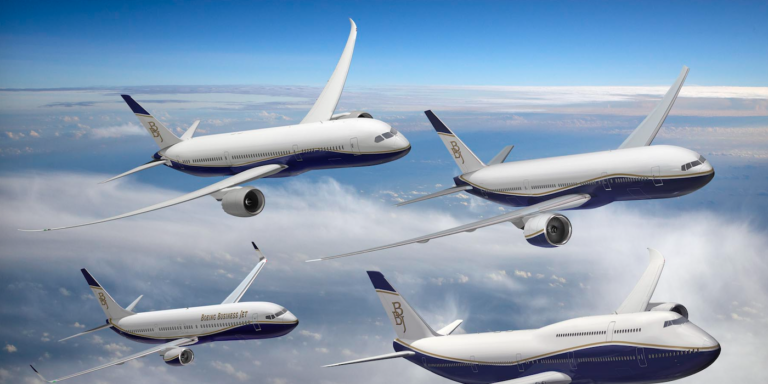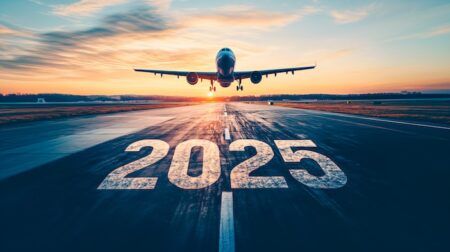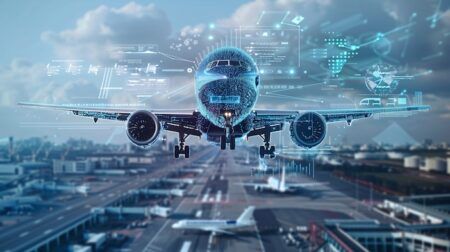The UK Labour Government’s pledge to ban corporate aircraft by 2025 is controversial and emotive. Whether it makes it into the party’s election manifesto or not, The British Business and General Aviation Association (BBGA), as an influential voice for business aviation in the UK, is obliged to highlight that such a sweeping statement shows a worrying lack of understanding of the business aviation industry and of the impact such a measure would have on the UK’s economy, GDP, employment, and the facilitation of business to and from the UK.
Europe has less than 3,000 corporate aircraft registered in Europe, including air ambulance models, which perform 1,000 medical flights per month and save hundreds of lives. Business aviation in Europe, including turboprops like the King Air and Pilatus PC-12, contribute some 7% of aviation traffic.
Aviation contributes 2% of global emissions, and business aviation accounts for 2% of that figure. At a time when our sector’s highly publicised prime focus is to deliver sustainable alternative fuel (SAF) as quickly as possible, pioneer new forms of propulsion, and explore better and more efficient use of airspace to make a positive impact on the environment, we cordially invite Jeremy Corbyn (leader of the Labour party) and his advisors to consult with us.
The Labour Government’s Think Tank is wrong to suggest that commercial general aviation activities are the preserve of high net worth individuals. Over 65% of routes flown are actually ‘business enabling,’ because the direct scheduled air services on routes that business leaders and executives need for their businesses simply do not exist.
On top of the 50 airports used by scheduled airlines and business aviation, another 100 airports in UK are only connected by business aircraft, facilitating growth and trade with otherwise difficult to reach locations. Our dedicated business aviation airports and small airfields mean that business owners and users can get to where they need to go, quickly and efficiently, taking in multiple international cities in one day.
Then there is the value our industry contributes:
• €87 billion of output
• €32 bn in Gross Value Added (GVA)
• €25 bn in wages and salaries
• 374,000 jobs across Europe are directly or indirectly dependent on business aviation
More jobs will inevitably be created with the arrival of the next generation eVTOL/hybrid aircraft designs, and in Europe the UK is leading the way with 19 designs, according to recent research by Vertical Flight.
Yet, while they are an important part of our sustainability drive, along with being able to raise required funding and proving the technology, there remain important regulatory and infrastructure matters to address – so we are some years away from seeing fully fledged autonomous passenger vehicles.
The UK is in the top three ranked countries for business travel in Europe, alongside Germany and France, with 60% of business aviation movements passing through these three countries. Taking the UK out of that network would have a profound impact on business activities. Not only would it risk losing 140,000 direct and indirect jobs, the impact on our GDP would be £8bn per annum – with direct and indirect losses.
Let’s not weaponise aviation in the current political arena, but be positive and grow aviation to help sustain the UK and its ability to do business internationally and at home.





